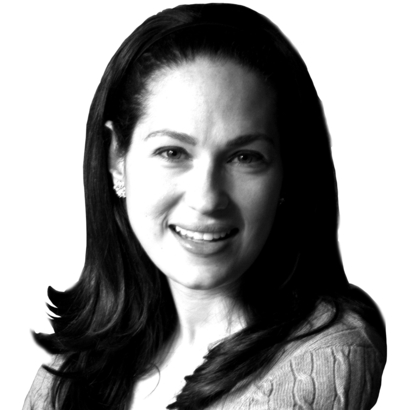Like many progressive parents, a Manhattan mother of two told her sitter to stop coming in March. She was concerned about the caretaker’s roommates and children, one of whom was still going to work. “We have continued paying her at her regular salary of $1,250 a week. And all my friends have done the exact same thing,” the mother said. Meanwhile, a couple of Upper East Side hedge-funders now living in the Hamptons decided to let government pick up the tab: they terminated their staff in March, and some of their employees are now receiving unemployment benefits. (They plan to rehire them at some point.)
They’ve Got Issues
If one were to take the Park Slope message boards and the virtue-signaling of white liberal elites on Facebook as signs of the state of the domestic workforce in wealthy America, one might think all is well on that front. But behind the veneer of Instagram is a stew of moral, economic, and class issues that are reshaping the household-worker-and-employer relationship.


